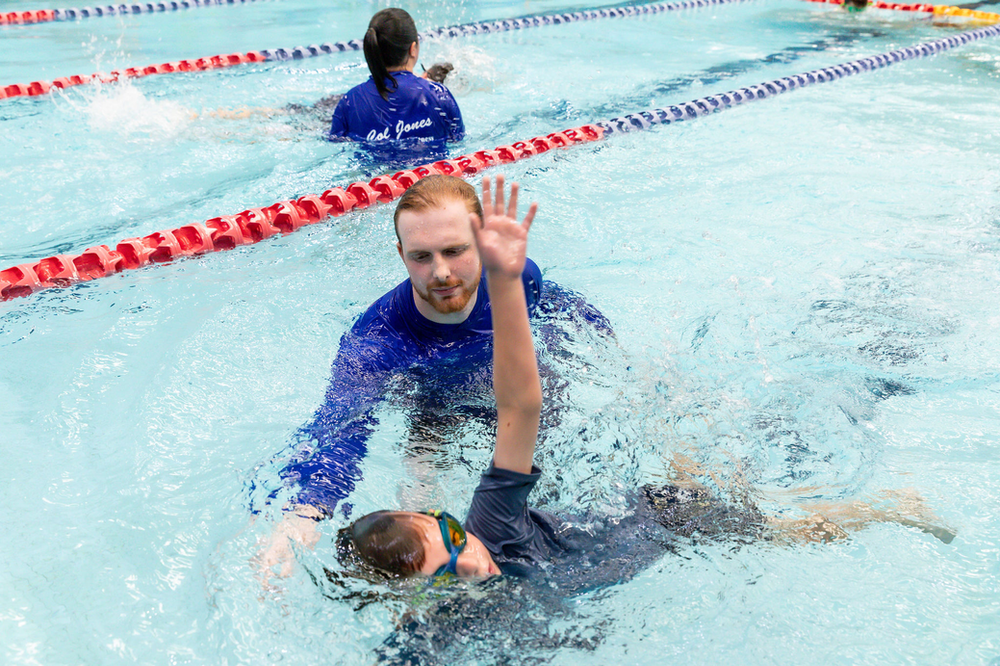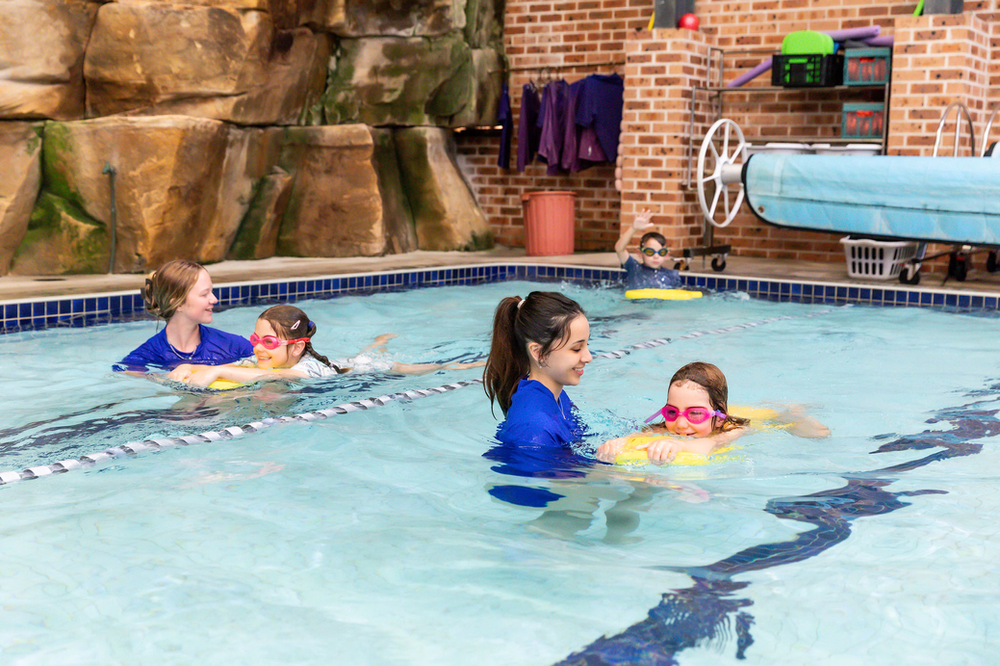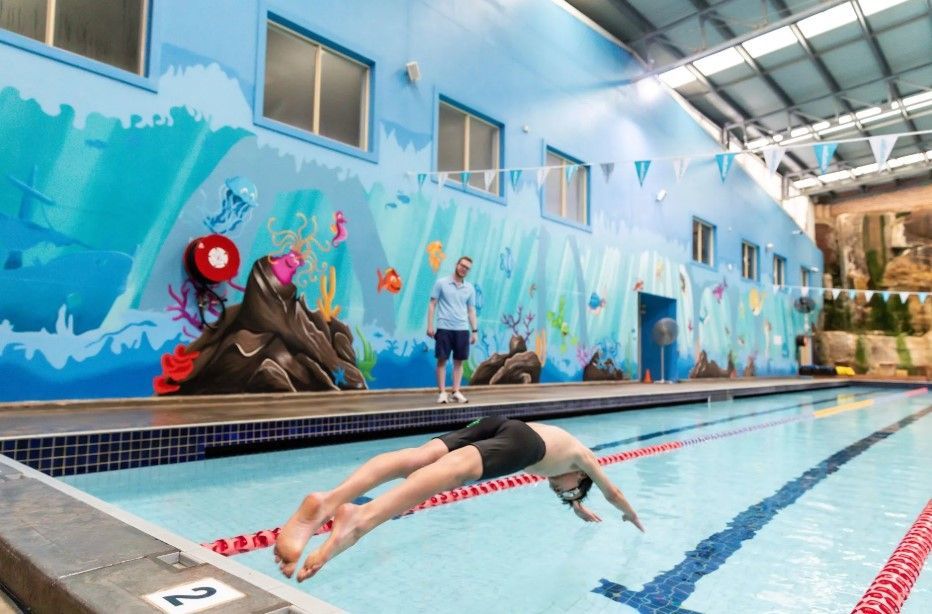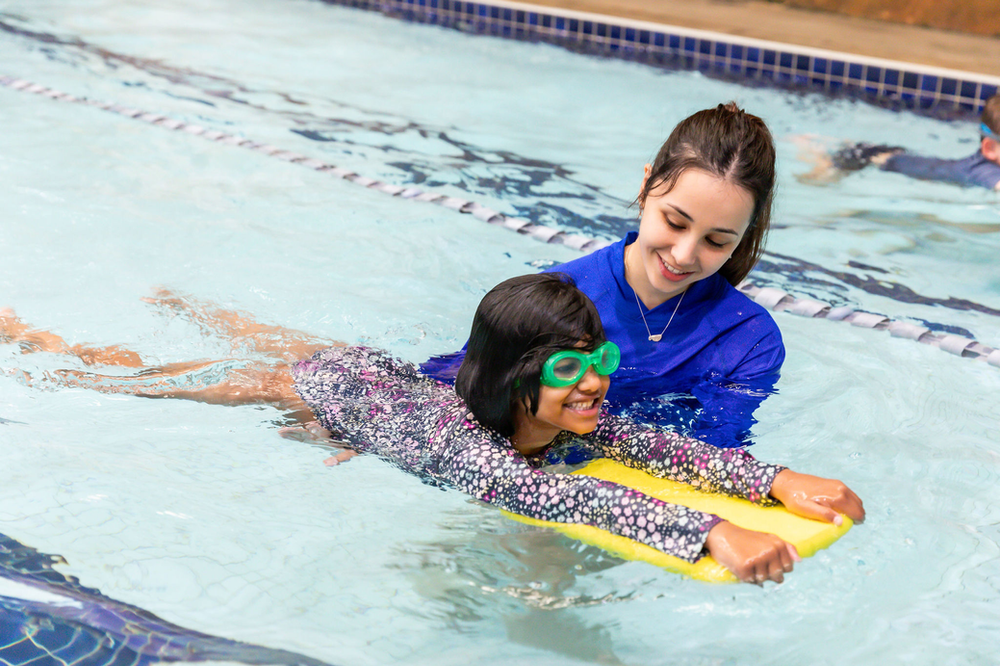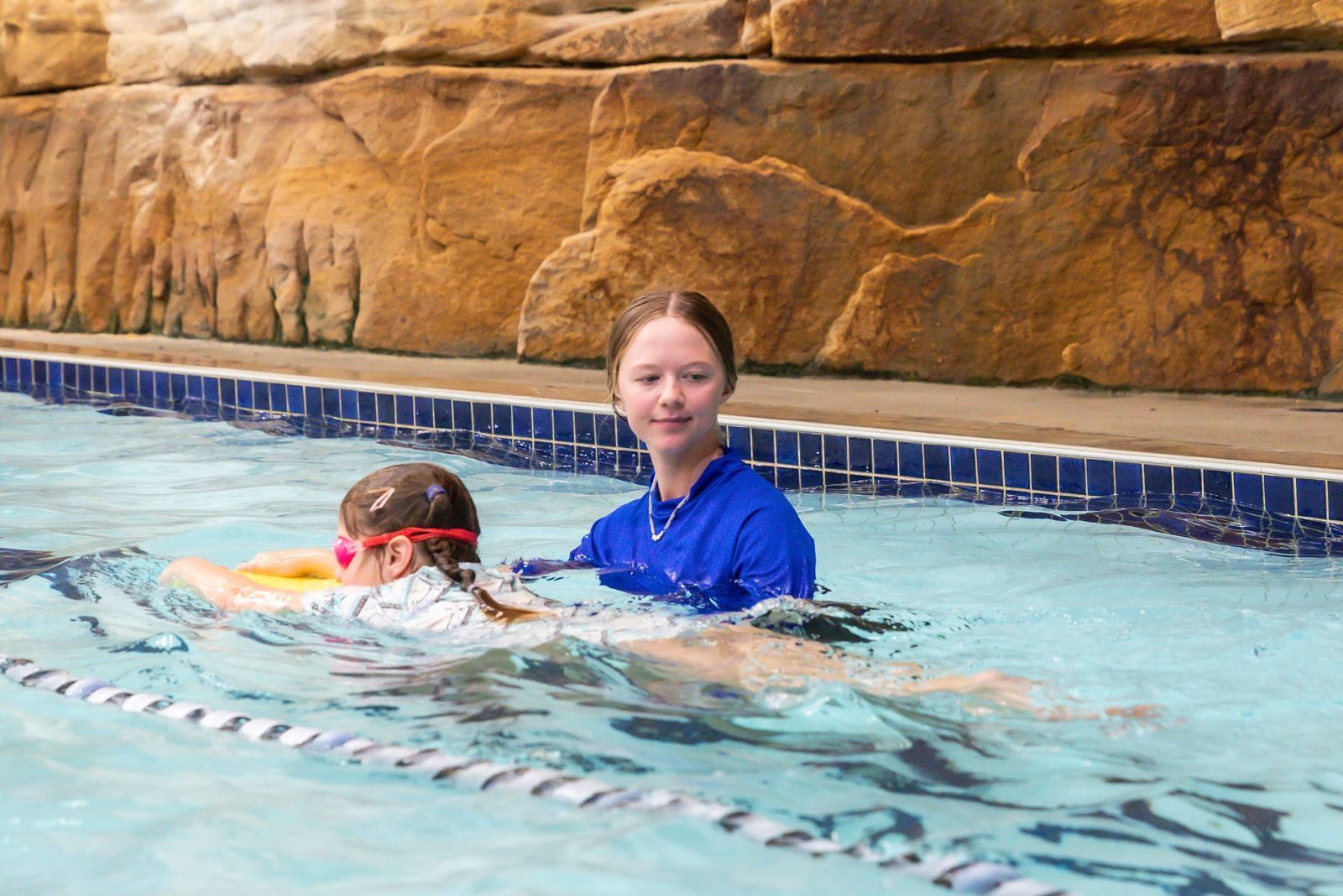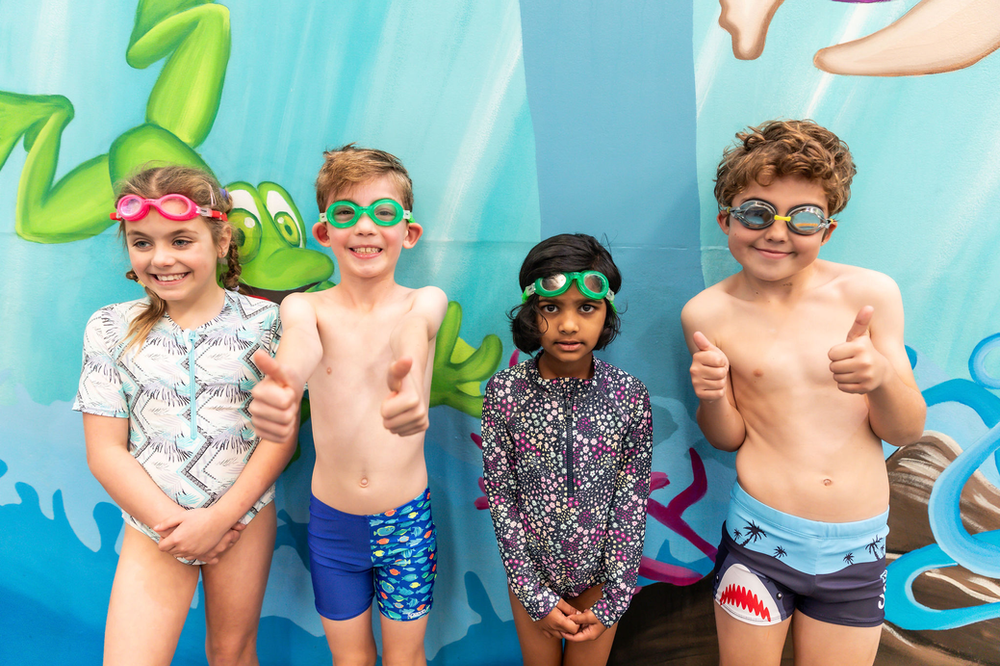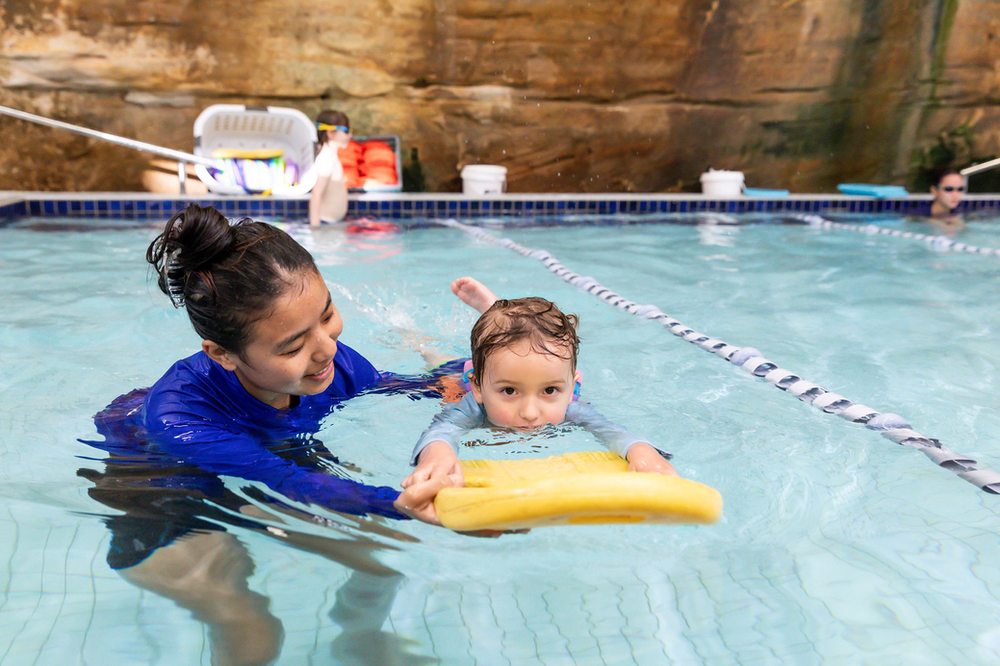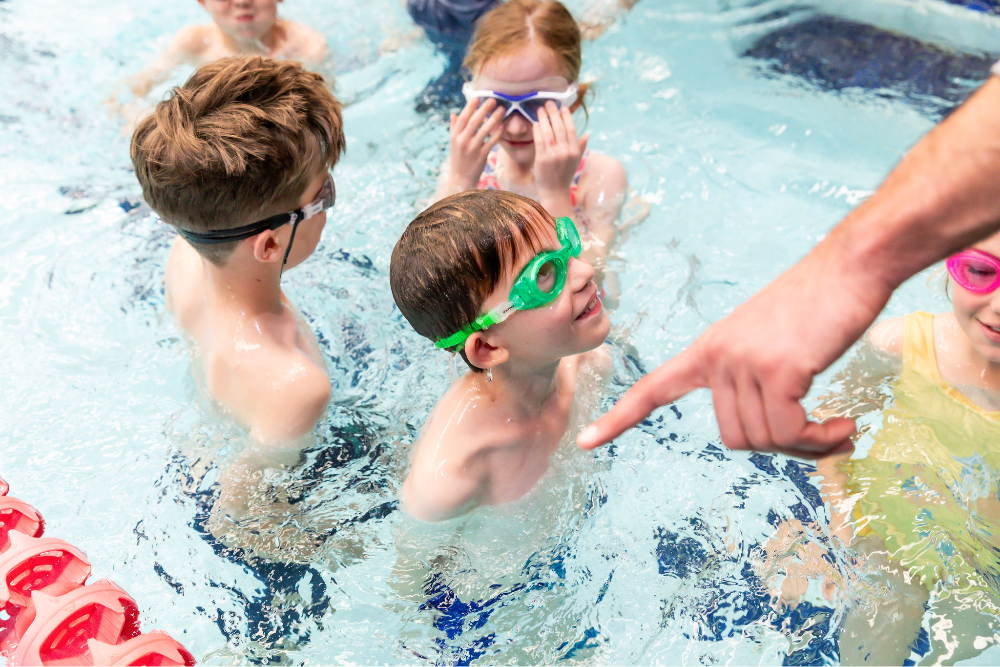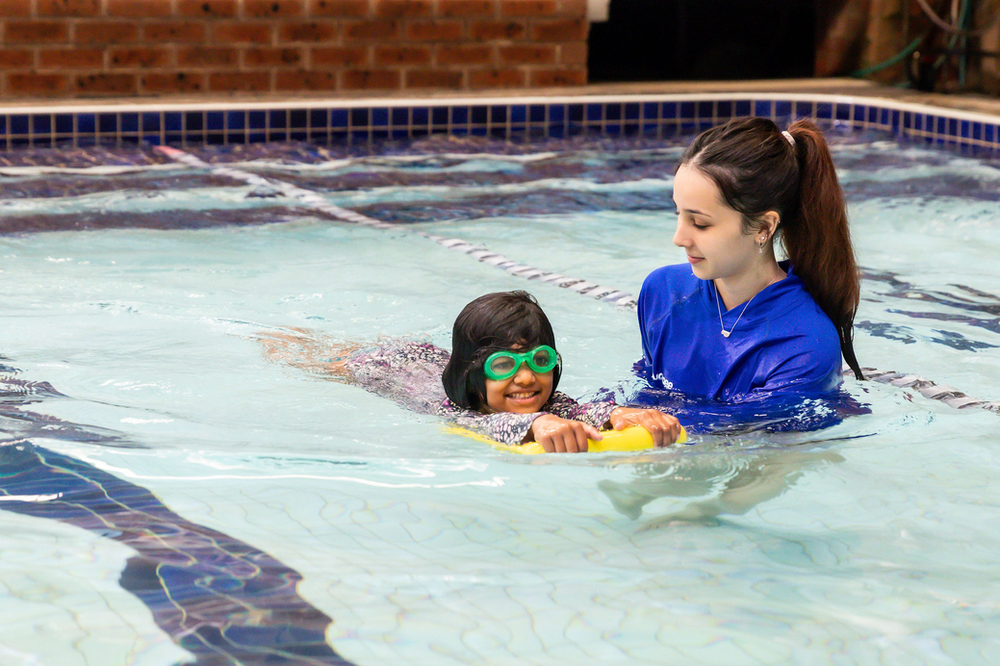Common Challenges Children Face During Intensive Swimming Lessons
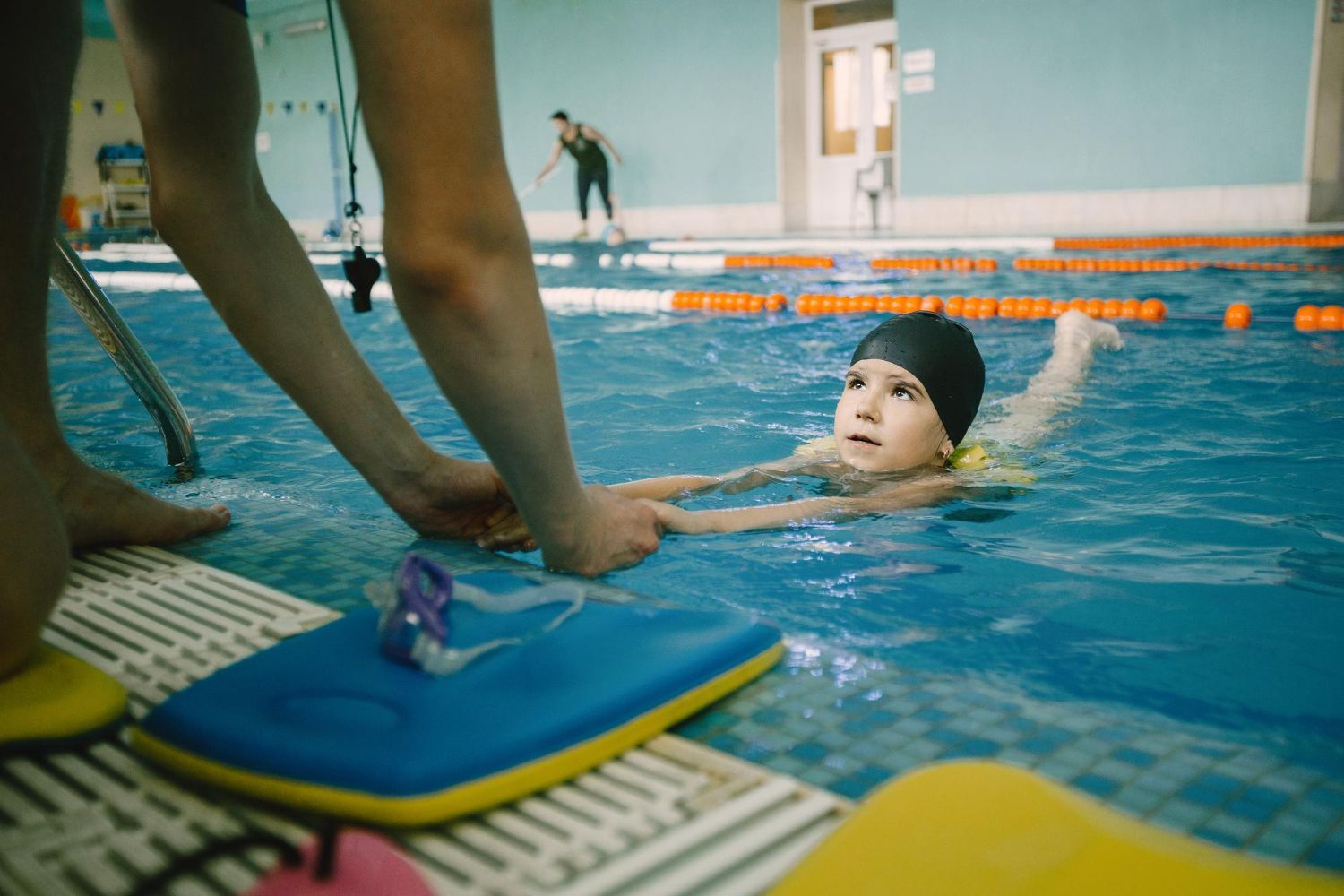
Ever notice how your child reacts to the idea of jumping into a swimming pool? It’s not uncommon for children to face hurdles when they start intensive swimming lessons. These challenges can sometimes be as daunting as the deep end of the pool. But knowing these potential obstacles can help parents like us ensure a smoother swimming journey for our little ones.
Many parents in Sydney understand the vital role swimming plays as a life skill, especially in a city surrounded by stunning beaches and waterways. Our kids' safety and confidence in water are so important. Recognising what might hold them back during swimming lessons ensures they continue to make progress and enjoy their time in the pool. Let’s delve into some common challenges and how we can tackle them together.
Fear of Water
It's pretty natural for some children to feel a bit scared of water. Whether it's the sheer size of a pool or the fear of submerging, these apprehensions can hinder their excitement about swimming lessons. First, it’s crucial to acknowledge their fear as real. Pretend the pool is a big, friendly ocean and their favorite toy is a sea creature exploring it. This analogy can turn reluctance into curiosity.
Here are a few simple ways to help:
- Start with small steps, like playing at poolside and gradually moving to splashing water on their face.
- Encourage games that make them comfortable being in water while focusing less on swimming techniques initially.
- Praise their efforts, no matter how tiny, to boost confidence.
Patience is key here. Every child moves at their own pace, and gentle encouragement can go a long way. By creating positive experiences with water, they are more likely to view the pool as a place of fun and learning rather than a source of anxiety.
Physical Fatigue
Swimming is power-packed exercise, which means it can be quite tiring, especially for beginners. Children may feel exhausted quickly, which might dampen their enthusiasm. Unlike other sports, swimming uses almost all muscle groups, demanding both strength and endurance.
To help prevent fatigue, consider these tips:
- Ensure they have a healthy diet packed with energy-boosting foods.
- Encourage them to stay hydrated consistently before, during, and after lessons.
- Adequate rest between lessons ensures they replenish their energy levels.
By being aware of their physical limits, we can help kids manage their stamina, which keeps swimming fun rather than a chore. Keeping the activities light-hearted and enjoyable will motivate them to jump back into the pool with eagerness.
Skill Plateaus
Sometimes kids hit a wall where progress seems to stop. This plateau can lead to frustration, making them feel like they're stuck in one place. But don't worry, this is a common bump on the road. The key is to keep motivation alive and spirits high, helping them push through with renewed energy.
Here's what you can do to support them:
- Set small, achievable goals so they celebrate little wins along the way.
- Use positive reinforcement to highlight their good habits and improvements.
- Incorporate fun activities that subtly enhance their skills, like racing games or synchronized routines.
With these strategies, kids won't just keep swimming; they'll build resilience and learn the value of perseverance.
Coordination and Technique
Getting coordinated in water can be tricky, as combining arm strokes, kicks, and breathing isn't as simple as it sounds. Many children find themselves tangled in movements they don't quite master. This is perfectly normal as their bodies learn to work in harmony.
Guiding them through this challenge involves breaking things down:
- Focus on one element at a time, like just perfecting arm movements before adding kicks.
- Use simple exercises that enhance their balance and coordination, helping them understand each move’s purpose.
Features like specialised pools for beginners and improvers can make a significant difference. Designed to help master techniques in a supportive environment, these setups cater to developing their swimming style comfortably.
Making Intensive Swimming Lessons Enjoyable
So, what have we learned about making this swim journey smoother? Recognising challenges early, from water fears to coordination issues, enables us to address them with compassion and understanding. With the right tools and environment, we foster confidence and skill in our kids.
By turning obstacles into opportunities for growth, children can find joy in their swimming lessons. With support, they swim not just for the progress but for the pure fun that water offers. Let's ensure we create lasting, positive memories where learning to swim becomes an adventure they cherish.
Help your child turn swimming challenges into achievements with Col Jones Swim Tempe’s
intensive swimming lessons. We’re committed to fostering a supportive environment where every splash brings a smile. Explore how our unique approach can make learning to swim an enjoyable and rewarding experience.


